What Is a Medical Power of Attorney, and When Do I Need One?
What Is a Medical Power of Attorney, and When Do I Need One?
A medical power of attorney (medical POA) is a document naming someone to make medical decisions on your behalf. It goes into effect when you are incapacitated or otherwise unable to make rational choices.
A medical POA can be important for end-of-life care, but you can create one at any age to ensure your wishes are followed if you experience an unexpected illness or have an accident.
Who Can Create a Medical Power of Attorney Document?
People often think about medical power of attorney, living wills, and other documents as they approach retirement age. However, any adult can create a POA. You need to be a competent adult to draft a power of attorney. In most states, this means you need to be at least 18 years old.
The person who creates a POA document is the principal. The person named in the document who will make decisions is known as the agent, agent for the principal, or attorney-in-fact.
Who Can You Name in Your Medical POA?
Despite names like attorney-in-fact, the person you name as an agent in your medical POA does not have to be a lawyer. In fact, in most states, the person named in your power of attorney document cannot serve as your legal counsel. The only requirement is that they be an adult (18 years or older) and of sound mind when they enter into the agreement to serve as your agent.
Most people name a family member as their medical POA. This person could be an adult child, a parent, a trusted sibling, or another relative. You can also name someone else if you feel that a family member would not be able to make objective decisions or would not follow your wishes.
You should make sure your agent has the qualities necessary to handle the job:
Availability. First of all, you should choose someone who is able to be there when needed. Someone may have family or professional commitments that could make it difficult for them to come to a hospital or respond to requests for decisions from physicians.- Emotional stability. Your agent should be able to make difficult decisions and follow your wishes. If they are grief-stricken by the situation, they might be unwilling to make the necessary choices or think clearly about following your desires.
- Care. The agent should care enough about you and your wishes to make the necessary decisions with proper thought and attentiveness. This is why many people choose family members.
You need to ask the person to be your agent and ensure they understand the nature of the responsibilities before you name them in your medical POA.
When Do You Need a Medical POA?
A medical power of attorney is often associated with decisions made after a catastrophic accident or a life-changing health event, such as a heart attack or stroke. Yes, a medical POA goes into effect if you have a stroke or heart attack and are unable to communicate. It could also come into force if you are in a coma, sedated, or intubated.
A medical POA can also cover conditions like Alzheimer's disease or dementia. The principal could still be fully conscious of these diseases, but they cannot make rational, informed decisions.
Finally, your agent could be called upon to make decisions when you are under anesthesia during surgery. It can be a good idea to create a medical POA before surgery, even if you are undergoing a routine procedure.
What Decisions Does a Medical POA Attorney-in-Fact Make?
Your chosen agent may have questions about the type of decisions they could have to make:
Type of care. Doctors may ask your agent to make decisions about surgeries, treatments, medications, and home health services.- Living situation. An agent could have to decide about putting the principal in a nursing home, assisted-living facility, or memory care unit.
- Location. The attorney-in-fact in a medical POA could need to decide which physicians you see and where you receive treatment.
- End-of-life care. An agent could decide on the measures doctors take to keep you alive if you lack a living will.
You can also use a living will for end-of-life wishes. A living will outlines your choices in relation to the measures physicians can take to keep you alive. For example, you can use a living will to state that you do not want to be resuscitated if there is no chance of recovery.
How to Create a Medical POA in Warwick, Rhode Island.
The steps you need to create a medical power of attorney document depend on where you live. States can have different rules, but all follow a similar process:
- Choose an agent. Once you have selected someone who you think has the necessary qualities, you need to ask them if they are willing to handle the responsibility. If they agree, you can decide which types of healthcare decisions they will have to make. If you have a living will, they will not have to handle end-of-life-care choices.
- Create the document. Most states have online medical POA forms that you can fill out. You can also get this blank document from an attorney's office. Even if not required by state law, such forms are helpful because they ensure you mention all the information necessary to make the document legally binding.
- Notarize the document. Most states require that you sign the document in the presence of a notary public. Others may require one or two witnesses, which will sign the document after you create it and add your own signature. Most states also require the agent to sign the document.
- Secure copies. Your agent will need a copy of the POA document, and you can make additional copies for family members and your attorney. You should keep a copy of the original with other estate planning documents, such as your will.
You should always keep your medical POA up to date. If your agent moves, your relationship changes, or they themselves become incapacitated, you will need to choose a new agent and create a medical POA for them.
Contact our law offices if you need assistance creating a power of attorney document for medical decisions in Warwick, Rhode Island.










